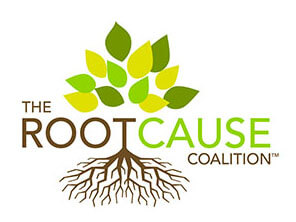Public Perspectives: Social Determinants of Health
Public Perspectives: Social Determinants of Health
Each month, The Root Cause Coalition conducts a public insights survey to gauge attitudes, perceptions and experiences with a variety of social determinants of health issues.
Each month, The Root Cause Coalition conducts a public insights survey to gauge attitudes, perceptions and experiences with a variety of social determinants of health issues. The findings help inform our advocacy, communications and priorities. This month’s survey focuses on familiarity with social determinants of health (SDoH) terms, prioritizing SDoH as well as how individuals are experiencing SDoH issues since before COVID-19. Below is a sampling of the key findings. Click HERE to view the full report including demographic distinctions.
- Nearly half of Americans are unfamiliar with the term ‘Social Determinants of Health’
- Most Americans agree that the conditions in which people are born, live, work, play, worship, and age have an impact on a person’s health.
- Most Americans believe it is important for multiple sectors, from individuals to Congress, to address social determinants of health
- More than half of Americans believe society has an obligation to address SDoH for all individuals
- Americans are split when it comes to what issue they believe is most important to address social determinants of health
- Fewer than 1 in 10 disagree that the government should invest in programs that improve social determinants of health
- Health Equity, Vulnerable Populations, Health Justice and Root Causes of Health Outcomes stand out as related to Social Determinants of Health, when asked about their relationship to the term Social Determinants of Health
- Four in ten Americans say we are moving in the wrong direction when it comes to addressing Social Determinants of Health
- Fewer than half of Americans believe we are moving in the right direction on any of the issues that define social determinants of health
- Compared to before COVID-19, roughly one-third report being no better or worse off in response to a list of SDoH-related challenges
Methodology: 1,050 interviews among adults age 18+ were conducted from May 6-13, 2022 using an online survey. The results were weighted to ensure proportional responses. The Bayesian confidence interval for 1,000 interviews is 3.5, which is roughly equivalent to a margin of error of ±3.5 at the 95% confidence level.
